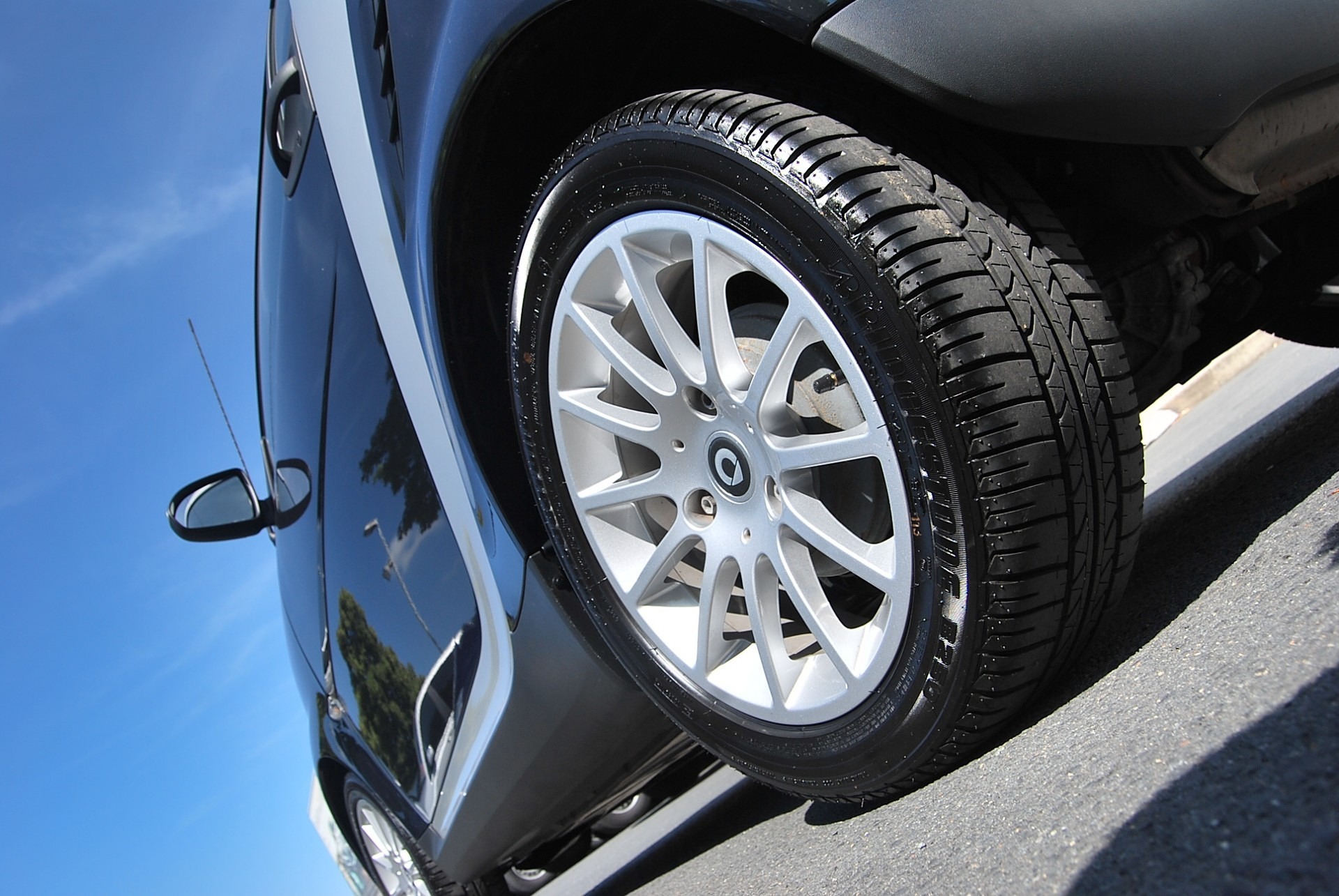Battling the Elements: All-Weather Tires Vs. Season-Specific Tires
Every motorist is confronted with this conundrum at least once in their driving life: should I go for all-weather tires or season-specific tires? With varying opinions and advice, it can be a daunting task deciphering which option is best for your vehicle, driving style, and local climate. This article will delve into the pros and cons of both choices to help you make an informed decision.

Understanding All-Weather Tires
All-weather tires are designed to offer a balance of capabilities, providing tolerable performance in a variety of conditions. They are engineered to handle dry, wet, and mildly snowy roads. The tread pattern is typically a hybrid between summer and winter tires, aimed at delivering decent grip in varying conditions.
However, while they’re marketed as jack-of-all-trades, they may not perform exceptionally well in extreme weather conditions. For instance, in heavy snow or very dry, hot weather, all-weather tires may falter compared to their season-specific counterparts.
Delving into Season-Specific Tires
Season-specific tires, on the other hand, are designed to perform optimally in specific weather conditions. Summer tires, for instance, are built for warmer weather, offering excellent grip on both dry and wet roads. They are crafted with softer rubber compounds for better traction and have fewer grooves, maximizing the contact patch with the road.
Winter tires, conversely, are designed for the cold. They use special rubber compounds that stay flexible in freezing temperatures, improving traction. The tread patterns of winter tires are also more aggressive, designed to bite into snow and ice for better grip.
Cost and Convenience Considerations
One of the most significant advantages of all-weather tires is convenience. With these tires, you won’t have to worry about swapping tires with the changing seasons. However, season-specific tires, while requiring more effort in terms of maintenance and storage, can offer superior performance in their respective weather conditions.
In terms of cost, all-weather tires might seem more economical initially, but they tend to wear out faster than season-specific ones, potentially negating the cost advantage over time.
- Regularly checking your tire pressure can help extend the life of your tires.
- Rotating your tires can help ensure even wear and prolong their lifespan.
- Season-specific tires can provide superior performance but require changing with the seasons.
- All-weather tires are convenient but may not perform as well in extreme weather conditions.
Making the Choice: All-Weather Vs. Season-Specific Tires
When deciding between all-weather and season-specific tires, consider your local weather conditions, driving habits, and personal preferences. If you live in an area with mild weather conditions and want convenience, all-weather tires can be a good choice. However, if you frequently encounter extreme weather conditions or prioritize performance, season-specific tires might be the better option.
The Future of Tires: Advancements and Innovations
The tire industry is continually evolving, with companies investing in research and development to improve tire performance, durability, and safety. Some of the promising advancements include self-repairing tires, airless tires, and the use of sustainable materials in tire production. As technology progresses, we can anticipate even more innovations that will redefine our driving experience.
In conclusion, the decision between all-weather and season-specific tires boils down to individual needs, driving habits, and local climate. By understanding the pros and cons of each option, you can make an informed decision that enhances your vehicle’s performance, safety, and longevity. As advancements continue to reshape the tire industry, it’ll be exciting to see how these developments influence our choices in the future.




